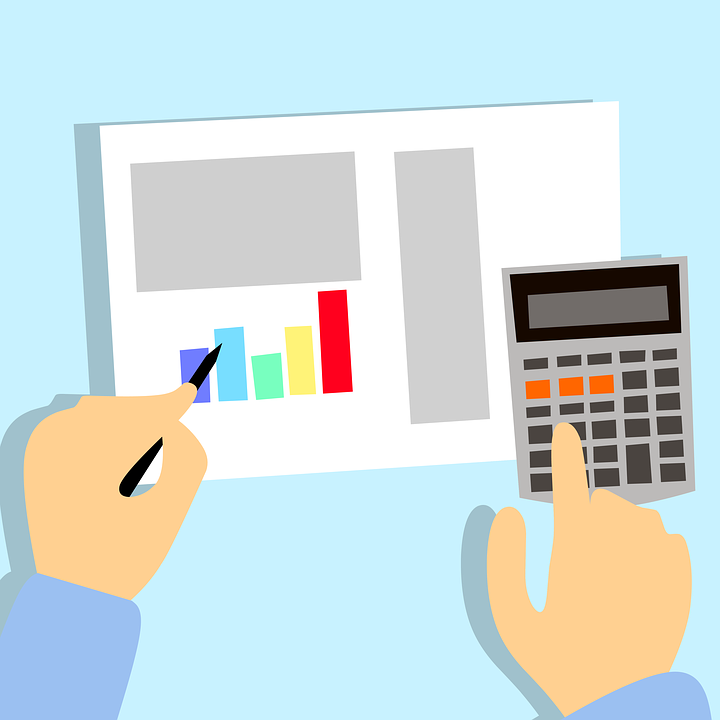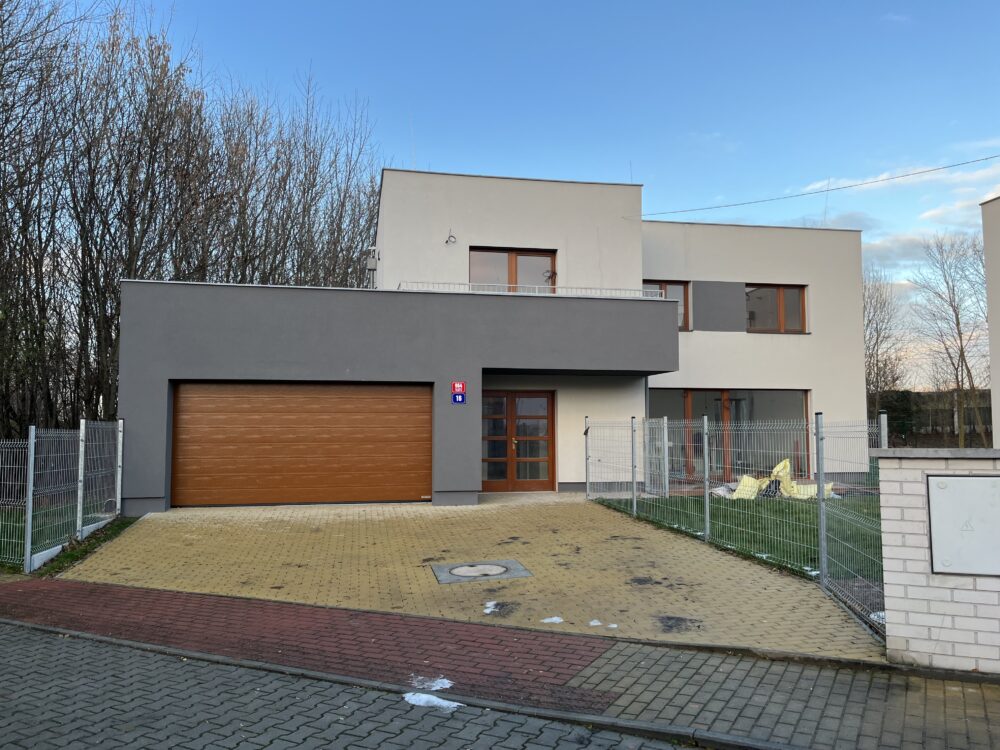When is a savings account worthwhile and which one to choose?
What are the interest rates and terms of savings accounts in 2022? Which banks are worth saving with, and what to look out for?
 Reading Time: 7 minutes
Reading Time: 7 minutesBefore Christmas 2021, a major change happened – the Czech National Bank repeatedly raised the base interest rate sharply, and some banks immediately reacted by raising interest rates above 3%. Interest on savings accounts last exceeded this threshold several years ago.
What does this imply? Do you know whether your savings are in a good savings account, or is it worthwhile to open a savings account elsewhere? Or are you considering how to manage your savings?
Let’s start with the basics: what is a savings account, when is it good, and what is it not good for?
How does a savings account work?
A savings account is a bank account whose main purpose is to collect funds that the client provides to the bank through their savings. Savings accounts can generally be used to deposit money at any time, but the account cannot normally be used for outgoing non-cash payments.
In return for the limited use of the deposited funds, the bank provides a higher interest rate (financial reward) than for current accounts. And we add: many banks nevertheless allow direct payments from a savings account, such as Air bank or the NEO account at Expobank, which functions as a current and savings account in one.
Current account and savings account go hand in hand
Banks nowadays usually set up a savings account automatically with the current account, or you can easily arrange it online. Each savings account has slightly different terms and conditions with each bank. For a savings account, the interest rate (= how much you earn by having your money deposited with that bank) is the main thing to watch, but there are other conditions too. As a rule, the account is free, and there are no fees.
Some (not all) accounts have a set notice period for withdrawing funds, or they charge a fee for not meeting that period or for canceling the account. However, many savings accounts are completely fee-free, and you can also transfer money to your current account at any time, free of charge, if you need to.
SECURE YOUR FUTURE:
INVEST ONLINE
How to choose the best savings account?
The interest rate seems to be the main indicator of a savings account’s suitability, but you should also compare other terms and conditions carefully. There are plenty of savings accounts that come with no strings attached, and even with a slightly lower interest rate, they can still be more profitable for you.

What is the average interest rate on a savings account in 2022?
Interest rates on savings accounts with Czech banks now (2022) range from 0.01% to 4%. Often, even with a single savings account, the interest is tiered according to the amount deposited: the more money you have in the account, the lower the interest rate. On average, however, the interest rate on savings accounts is around 2.5% per year (source: Banks react to CNB’s moves, e15.cz).
Do the math: This means that if you deposit CZK 50,000 in a savings account, the interest on your account will be CZK 51,250 in one year and CZK 52,531 in two years. It’s definitely better than leaving your savings hidden in an envelope at home or having them in a current account.

The enemy of savings called inflation
Hand on heart, however, it has to be admitted that a savings account does not equal appreciation of the money you put in, nor is it an investment that you would make money on. Rather, it is fair to say that even the best savings account minimizes losses. How so?
The coronavirus crisis that began in the spring of 2020 has affected the global economy. Along with it, an indicator called inflation, more simply put, the rise in the general price level of goods and services. Inflation and price increases are common, but in a crisis, they pick up faster pace. The inflation rate in the Czech Republic averaged 3.8% for 2021, with an increasingly steep rise towards the end of the year, reaching 6.6% in December.
Let’s do the math:
What cost CZK 50,000 a year ago is now worth CZK 53,300, and at the same rate, the price in 2 years would theoretically be CZK 56,817.
This creates a bit of a paradox – it’s an exaggeration to say that if you only put money into savings by putting it aside, you actually lose a lot of money in real terms because its value decreases over time as inflation rises faster.
Therefore, a savings account is a great compromise if you don’t want to take the risk of investing or want to keep some of your savings on hand at all times, but know that putting money aside in an envelope or keeping it in a current account is unwise, to say the least. Especially when the average inflation rate in 2021 was the highest since 2008.
Nevertheless, a large number of Czechs still save in this way, mainly out of ignorance – according to the Czech Statistical Office, 62.3% of all saved money remained in current accounts in 2020.
When, why and for what is it worth having a savings account?
You want to keep your savings close at hand in case of need and not risk losing them – that’s the main argument for a savings account.
What’s more, thanks to online banking, you don’t even have to leave home to do so if you’re not comfortable communicating with a live person at a bank branch.
In any case, do a good calculation of how much money you actually need to have on hand. It’s ideal to always have a minimum of two months’ worth of savings immediately in case your source of income unexpectedly drops out or unexpected expenses come up.
SECURE YOUR FUTURE:
INVEST ONLINE
A healthy budget = not just a savings account
However, due to the inflation factor, it’s more worthwhile to invest the extra money saved over and above that elsewhere, with the possibility of higher yields. To make real money appreciate in value, and earn real money instead of reducing the impact of inflation.

Online savings account comparator
As mentioned above, the highest yields offer savings accounts which have terms and conditions that are not common with other savings accounts.
It should be noted that banks update their yields and terms regularly. Nowadays, there are many good and updated comparison sites on the Internet.
We have selected one that takes into account a greater number of parameters (yields for amounts up to CZK 100,000; CZK 400,000 and CZK 1,000,000, notice period, minimum deposit, the possibility of arranging online, the possibility of saving in another currency) at www.banky.cz.

How much do Czechs save on average?
The average Czech saves CZK 2,853 per month, according to a survey conducted by Erste Group. According to a survey by Reiffeisenbank, 21% of Czechs save up to CZK 500 per month. 30% of Czechs save CZK 1,000 – 3,000 per month. Only 12% of people are able to save more than CZK 5,000 per month.
It is beneficial to save. Only because of inflation they save a little less than desirable
Because of putting their savings in an envelope or in a current account, Czechs part with some of their money every year, leaving even hundreds of thousands of dollars “fallow” due to inflation.
Habit is an iron shirt
At the same time, financial literacy and knowledge of the basic principles of sound management, saving and investing can provide you with a quite different standard of living in the future. Even if you invest only a few hundred crowns a month. Be smart, it will pay you back.

How to avoid inflation?
The best way to avoid negative inflationary pressures is basically any serious investment.
Check out our complete guide to investing in 2022 HERE.
Tips for healthy personal finance
- Don’t leave large amounts of cash at home and don’t keep your savings in a current bank account. Keep savings in a savings account only for unexpected expenses or income shortfalls of at least 2 salaries.
- Invest the extra money, and don’t put everything on one card. It’s better to spread smaller amounts across several different types of investments for extra security.
- Avoid offers of suspiciously good investments and easy gains – generally speaking, if the yield promised is more than 10%, you should be wary and look for more information to ensure it’s not a scam.
- Keep an eye on the inflation rate – you can always find out on the Czech Statistical Office’s website – and judge your savings positively against this.
- Don’t oversleep good opportunities, find out what pays and don’t be afraid of change. You can always change banks and move your investments elsewhere to get the best value for money.
SECURE YOUR FUTURE:
INVEST ONLINE

RONDA INVEST
One of the forms of investment is investment in loans secured by real estate. With the RONDA INVEST platform, it is possible to invest smaller amounts of CZK 1,000 and up with an annual return of up to 9% on a one-off or regular basis, and thus really appreciate your monthly savings.
(c) ilustrace: Designed by Freepik and Pixabay




